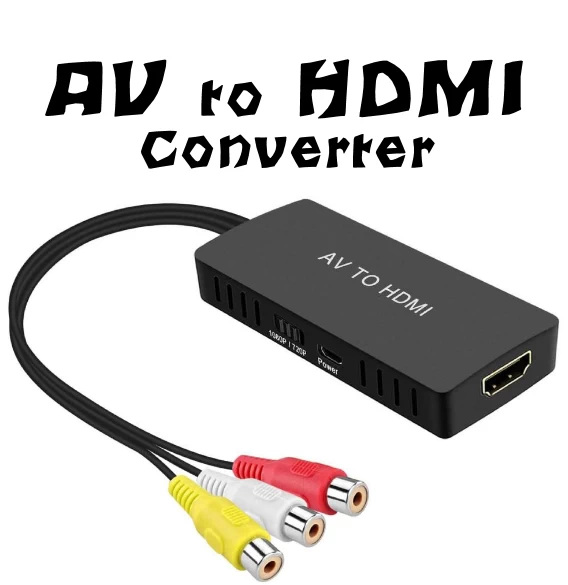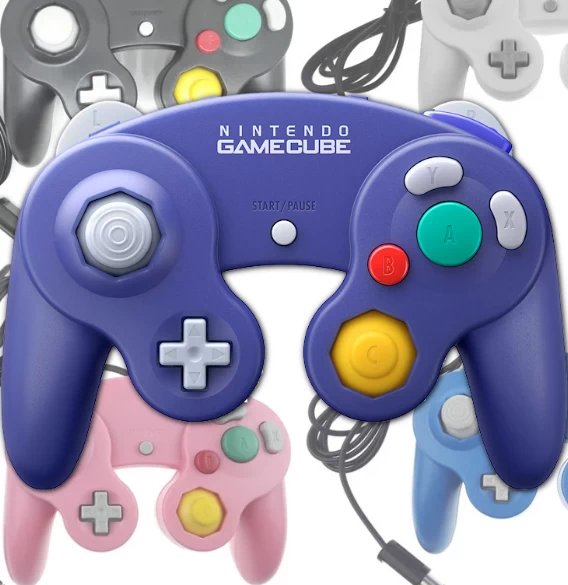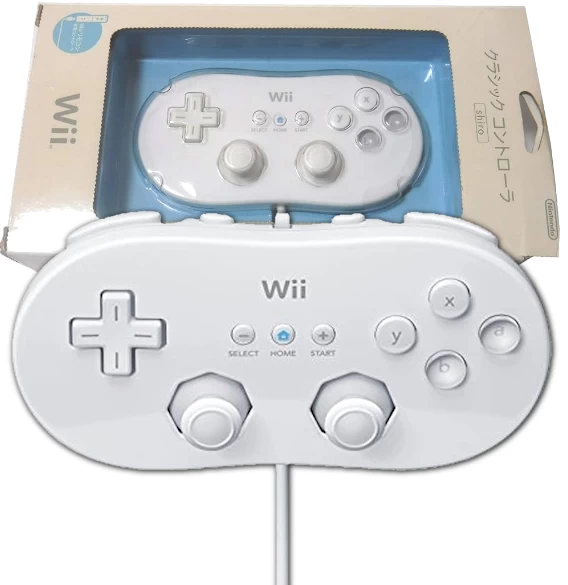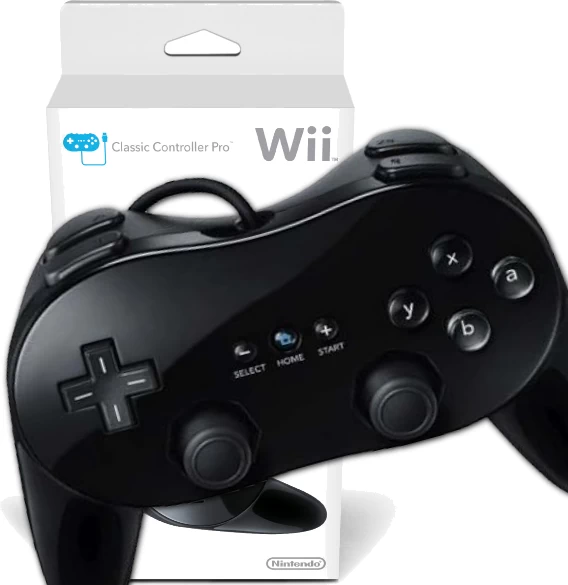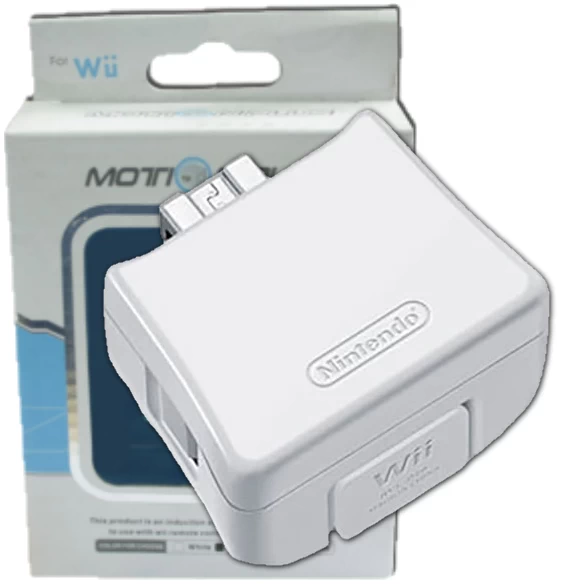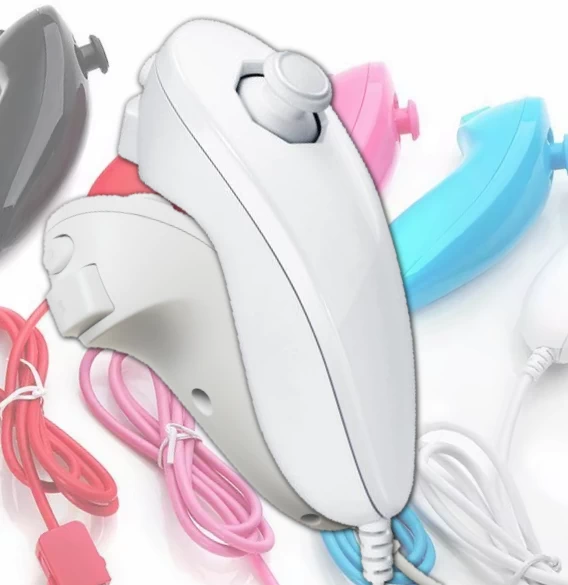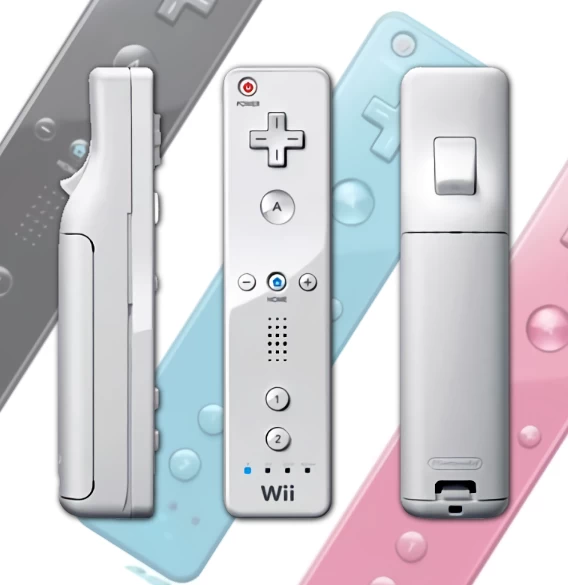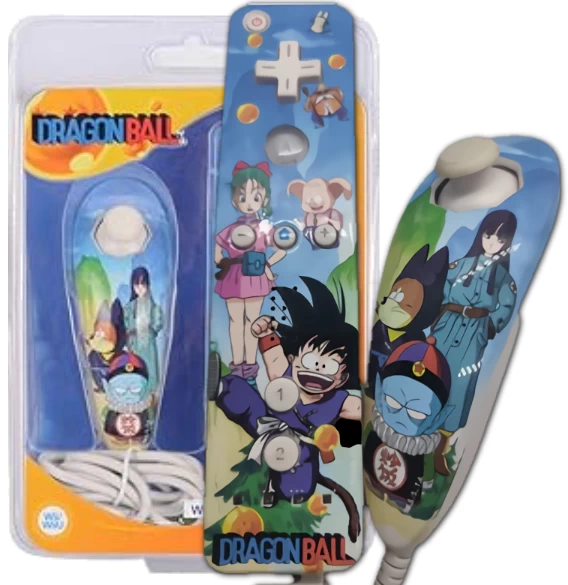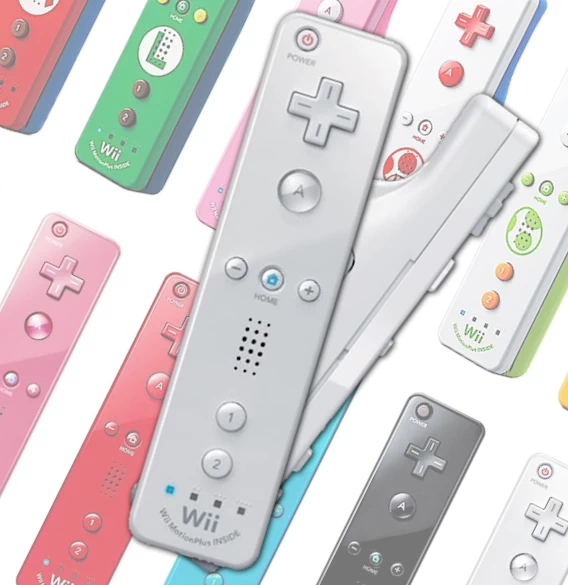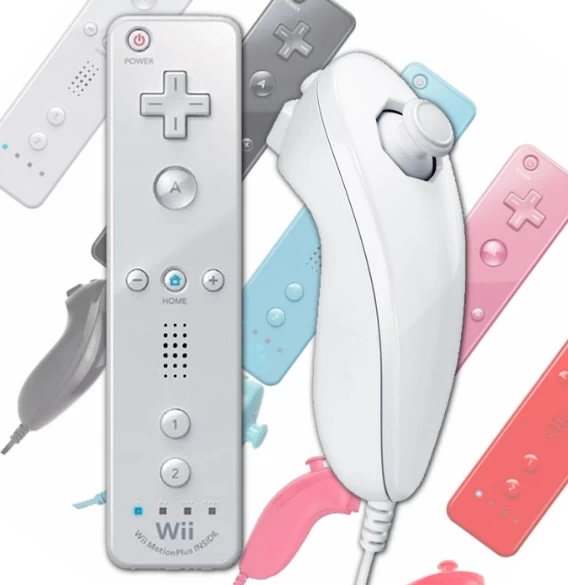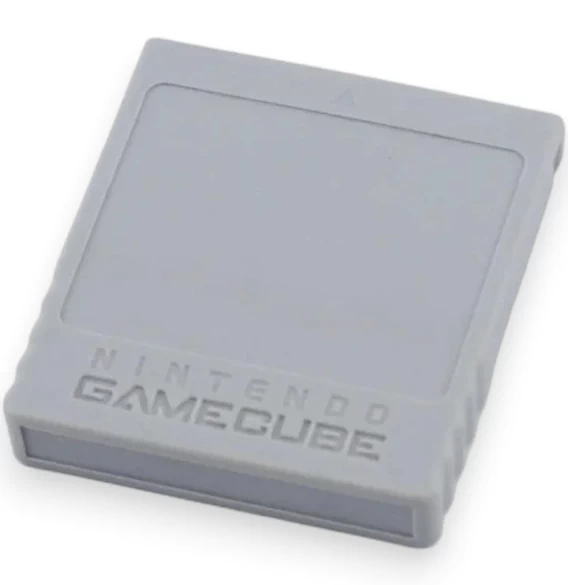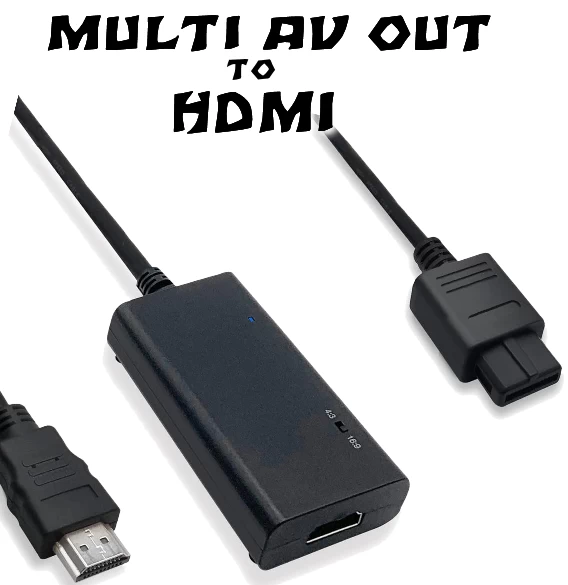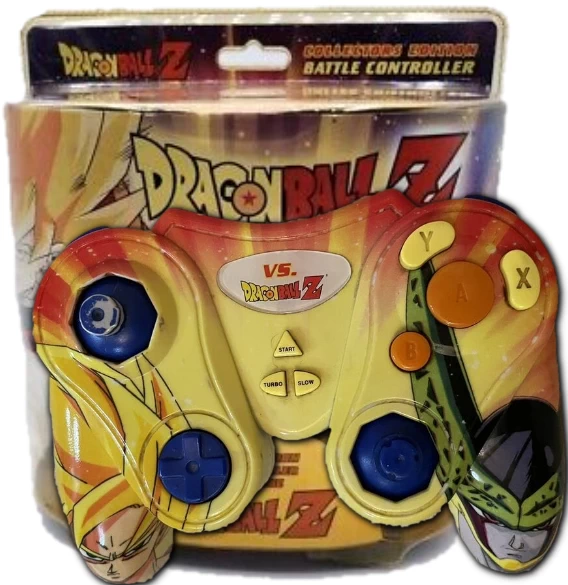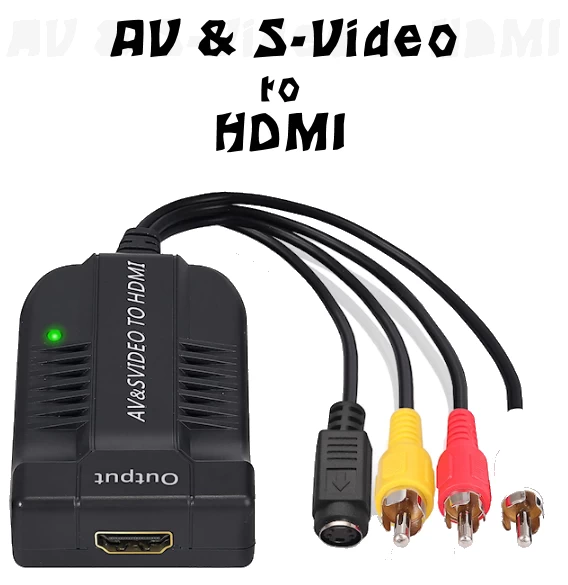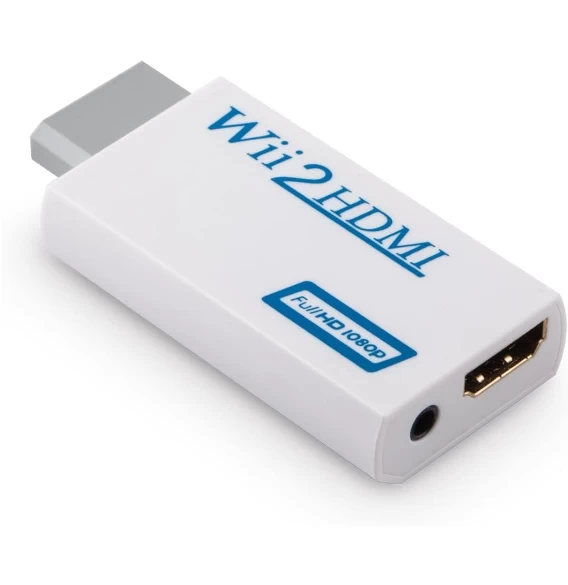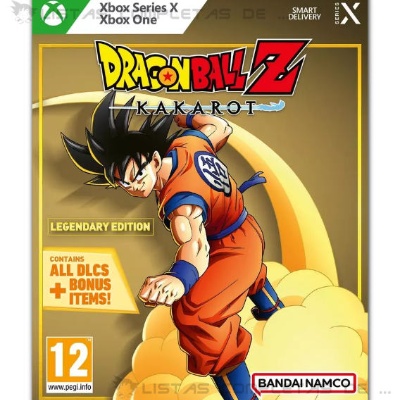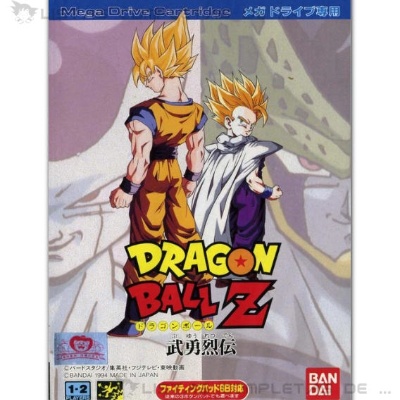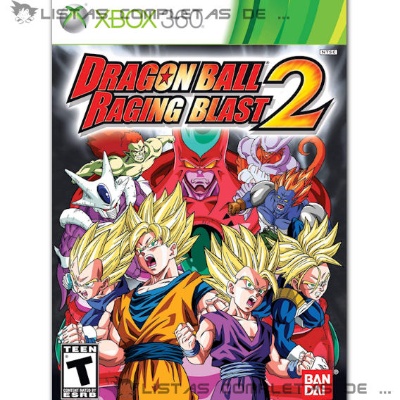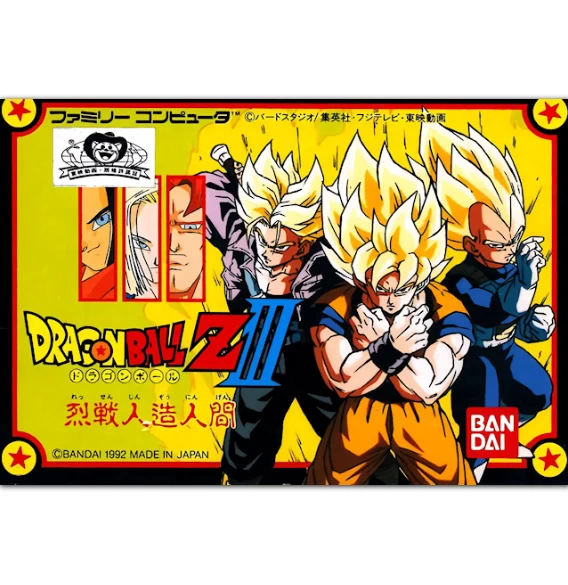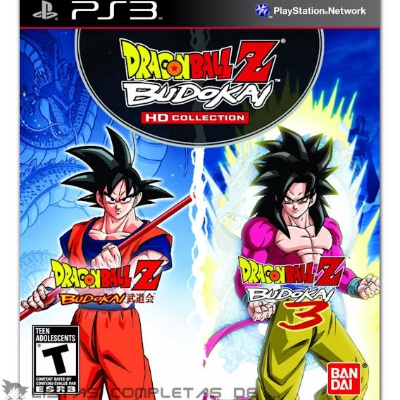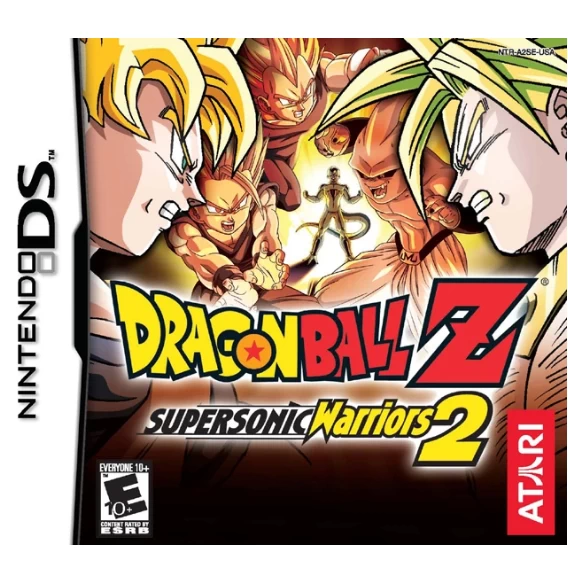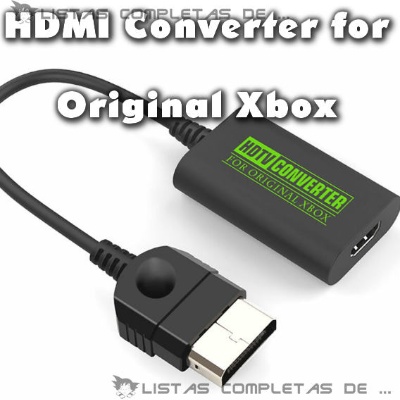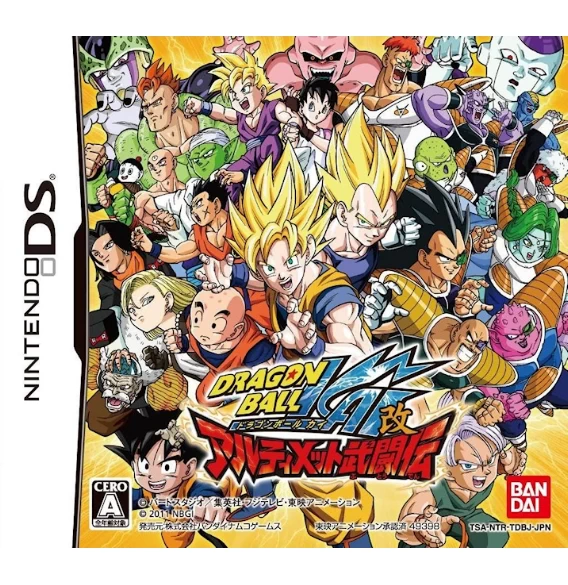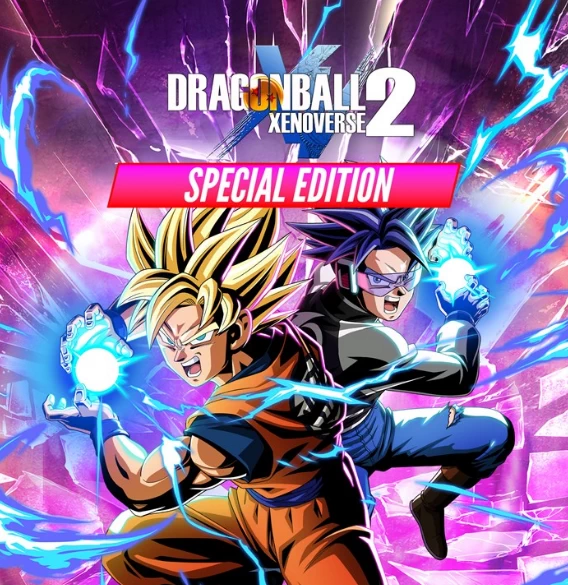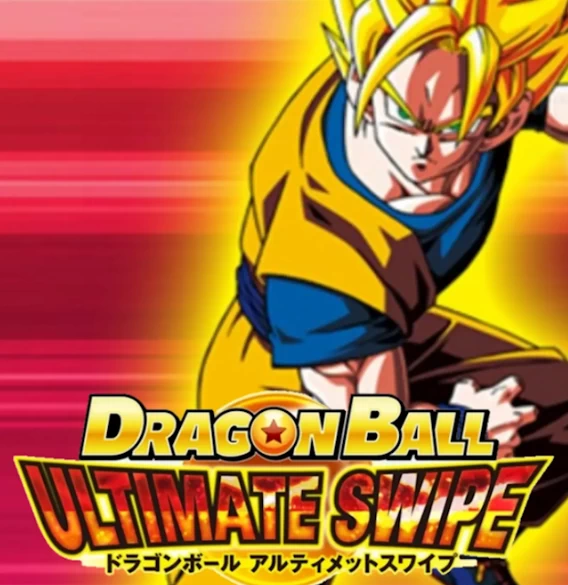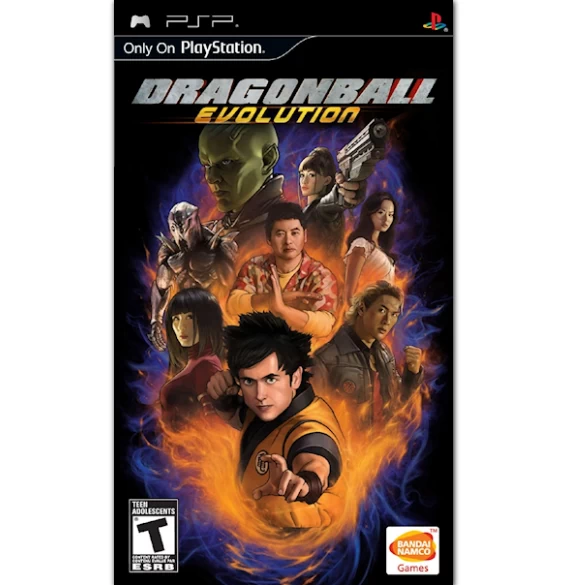All Dragon Ball video games for the Nintendo Wii
The Nintendo Wii and the three Dragon Ball games we could play on this console
Here we see all the DB games released for the Wii, as well as all the console models and their accessories.
The Nintendo Wii was the seventh-generation home console released by the brand to replace the underrated GameCube.
With this console, Nintendo broke the molds already established in other consoles and audiences, with gameplay that made our controllers detect the movement of our wrists and arms, thanks to its sensors and accelerometers.
The game that made this console famous was Wii Sports, but here we will focus on all the Dragon Ball games released, including Tenkaichi Budokai 2.
The 3 Dragon Ball and DBZ games released for the Wii
There were three titles for the Nintendo Wii; two of them were fighting games, specifically the iconic Budokai Tenkaichi 2 and 3, based on DBZ. Additionally, we had one focused on the classic Dragon Ball saga, an adventure game.
You know the Wii controllers are special, and the gameplay in the Tenkaichi games is quite different from other consoles, but you can always use a GameCube controller to play and avoid moving around.
The different versions and models of the Nintendo Wii console
To play Nintendo Wii games, you need a console that supports them, and for this purpose Nintendo released 3 models: RVL-001 (original Wii) in 2006, RVL-101 (Wii Family) in 2011, and RVL-201 (Wii Mini) in 2012.
The Nintendo Wii RVL-001, the original model, is compatible with GameCube games and controllers. The RVL-101 and RVL-201 are not compatible. Moreover, the RVL-201, the Mini, lacks Wi-Fi, SD card slots, AV output, and other connectors.
Keep in mind that, to prevent piracy and cross-region imports, the console is region-locked. The regions are:
-
NTSC-U/C: North America, Central America, South America, and parts of Asia.
-
NTSC-J: Japan and some regions of Asia.
-
PAL: Europe, Australia, and parts of Asia.
To bypass these locks imposed by Nintendo, nowadays you need a boot disc that allows foreign games or to modify your console with a chip. Remember, this is only for collecting purposes and not for piracy.
Wii accessories and peripherals to play Dragon Ball
If you have a console at home that you’ve had for a long time, or you inherited it from a friend or family member, or bought it second-hand, but… you are still missing some accessory or peripheral to play with it, like a modern TV adapter or a controller…
So here is a list of those items you might need to play your almost retro console on a modern TV. We even included two extremely rare collector’s edition controllers dedicated to Dragon Ball. One of them is only compatible with the Original Wii (since the controller is an original GameCube one), the RVL-001.
AV to HDMI - Video Output Converter
AV to HDMI - Video Output Converter
With this accessory, you can convert the AV output of your console to HDMI for modern TVs.
Multi AV Out to HDMI - Video Output Converter
Multi AV Out to HDMI - Video Output Converter
With this accessory, you can convert your retro console’s Multi AV Out to HDMI for modern TVs.
S-Video & AV to HDMI - Video Output Converter
S-Video & AV to HDMI - Video Output Converter
With this accessory, you can convert the AV output and S-Video output of your retro console to HDMI, allowing you to use it on modern TVs.
More complete lists of Dragon Ball games and video games.
We also have more complete lists of Dragon Ball games and video games cataloged by their gaming platform, including Board Games, PlayStation, Nintendo NES, etc.
Here are some of the Dragon Ball games and video games we have for you:
Discover some of the Dragon Ball games, video games, consoles, and collectible accessories. From the iconic NES and GameBoy to the latest PC, PS5, and X-BOX titles, as well as the timeless board games.
Dragon Ball Z: Kakarot - Legendary Edition
Dragon Ball Z: Kakarot - Legendary Edition
Dragon Ball Z: Kakarot – Legendary Edition was released three years after the original editions, by which time the first and second Season Passes had already concluded. Upon release, it became the most complete edition available, as it included the base game and access to Season Pass 1 and Season Pass 2, with five extra episodes based on: Dragon Ball Z: Battle of Gods, the Future Trunks saga, the Bardock story (from the classic DBZ movies of the 90s), the end of DBZ story arc (the World Martial Arts Tournament where Goku leaves with Uub), and a story dedicated to those characters.
It also included permanent upgrades for cooking items and an exclusive item to move around the map during exploration or missions: Tao Pai Pai’s Pillar.
Dragon Ball Z: Buyū Retsuden
Dragon Ball Z: Buyū Retsuden
Dragon Ball Z: Buyū Retsuden was the first Dragon Ball game released exclusively for a SEGA console and remains one of the most memorable titles from the 16-bit era. It features large sprites, smooth animations, and combat mechanics reminiscent of classics like Street Fighter II or Fatal Fury, but with the iconic characters from the anime.
It includes a story mode covering the Saiyan, Frieza, Cell, and Majin Buu sagas—though in a condensed form. The roster features characters such as Goku, Vegeta, Piccolo, Frieza, Trunks, Cell, and Gohan (Super Saiyan), among others.
Among its technical highlights is a dynamic split-screen system that zooms out when fighters move apart—an impressive feature for its time.
Dragon Ball: Raging Blast 2
Dragon Ball: Raging Blast 2
Dragon Ball Z: Raging Blast 2 is the third DBZ game released for the Xbox 360, launched at the end of 2010, and was also released for PS3.
This 3D fighting game is a direct continuation of Raging Blast 1, with very similar gameplay, a much larger roster, and a unique story mode.
Its story covers all of DBZ, but it’s not played linearly; instead, each playable character has their own “mini-stories” that complement the overall DBZ saga.
The game features both local and online multiplayer, allowing battles with friends or players online, and includes a mode for up to 8 players.
It includes a total of 79 playable characters, including Goku and all his transformations, Piccolo, Trunks, Cell, Broly, Boo, Janemba, and even Hatchiyack.
Dragon Ball Z III: Ressen Jinzōningen
Dragon Ball Z III: Ressen Jinzōningen
Dragon Ball Z III: Ressen Jinzōningen is the sixth Dragon Ball game/cartridge released for the NES in 1992, and the third to carry the Z title. It was released while the DB anime and manga were still ongoing. This game was never officially released outside Japan.
It is the direct sequel to Dragon Ball Z II: Gekishin Freeza!!, sharing the same gameplay system with minor improvements. It is a turn-based card battle RPG, where players travel across the map to collect new cards, progress through the story, and engage in battles.
Its story covers the entire Android and Cell Saga, from the arrival of Mecha Frieza and King Cold, to Gohan defeating Cell after transforming into SSJ2 for the first time during the Cell Games. The game takes many narrative liberties and even includes events from Cooler’s first movie.
Dragon Ball Z: Budokai HD Collection
Dragon Ball Z: Budokai HD Collection
Dragon Ball Z: Budokai HD Collection is the fifth DBZ game released for the PS3, launched at the end of 2011, and was also released for Xbox 360.
This 3D fighting game is a remaster of Budokai 1 and Budokai 3 from the PS2, but with improved graphics and small extras such as music tracks or region-exclusive costumes, now available worldwide.
Essentially, it combines both games into a single package, with enhanced graphical resolution adapted for this generation of consoles.
Dragon Ball Z: Supersonic Warriors 2
Dragon Ball Z: Supersonic Warriors 2
Dragon Ball Z: Supersonic Warriors 2 is the first DBZ fighting game for the Nintendo DS. It is a continuation and improvement of DBZ: Supersonic Warriors released for the Game Boy Advance, featuring more characters, modes, and enhanced graphics.
Dragon Ball Kai: Ultimate Butōden
Dragon Ball Kai: Ultimate Butōden
Dragon Ball Kai: Ultimate Butōden is the last DB game released for the Nintendo DS platform. It’s a fighting game that was only released in Japan and allows players to battle against others.
Dragon Ball Xenoverse 2 - Special Edition
Dragon Ball Xenoverse 2 - Special Edition
Dragon Ball Xenoverse 2 Special Edition for PC is one of the most complete bundles of this 2016 game. It includes the base game, the Super Pass (which contains Super Packs 1, 2, 3, 4 and early access to Future Trunks from DB Super), and also the Hero of Justice Pack Set (which includes Justice Packs 1 and 2).
It includes almost all the DLC content released during the 9 years since the game's launch, up to the release of this edition.
Dragon Ball: Ultimate Swipe
Dragon Ball: Ultimate Swipe
Dragon Ball: Ultimate Swipe is a fighting game based on DBZ. Its combat mode is in first person, with 3D characters and environments. It is played using taps and swipes on the screen. Its art, graphics, and other elements are recycled from the games known as DBZ: Burst Limit and DBZ: Tenkaichi Tag Team.
Dragonball Evolution: The Game
Dragonball Evolution: The Game
Dragonball Evolution: The Game is based on the unfortunate live-action film. Its characters and stages come directly from the movie. The gameplay is similar to the previous Tenkaichi titles, which is at least a positive point. The game allows multiplayer and, as a curiosity, lets you play as Bulma.
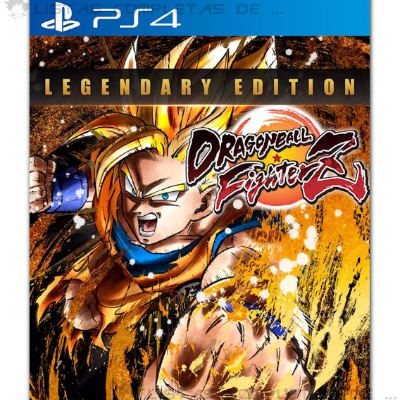
Dragon Ball FighterZ - Legendary Edition
Dragon Ball FighterZ - Legendary Edition
Dragon Ball FighterZ – Legendary Edition was released about six years after the base game, and it is a much more complete edition than all previous ones. This edition includes the base game, FighterZ Passes 1, 2, and 3, Commentator Voice Packs 1–4, cosmetics, and an exclusive lobby avatar of SSJ Goku.
In total, it includes the game plus 19 character DLCs, which is quite a lot.

